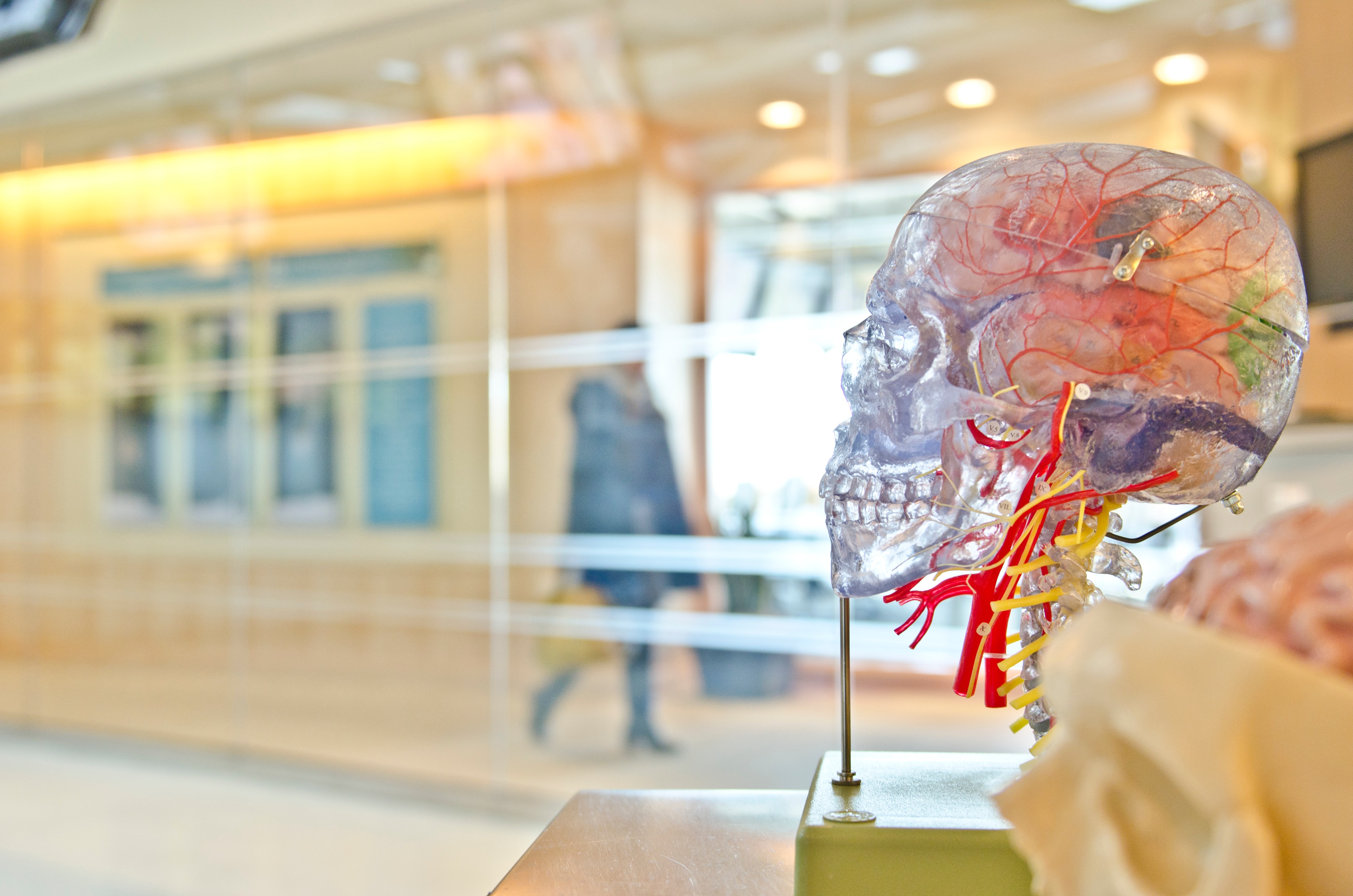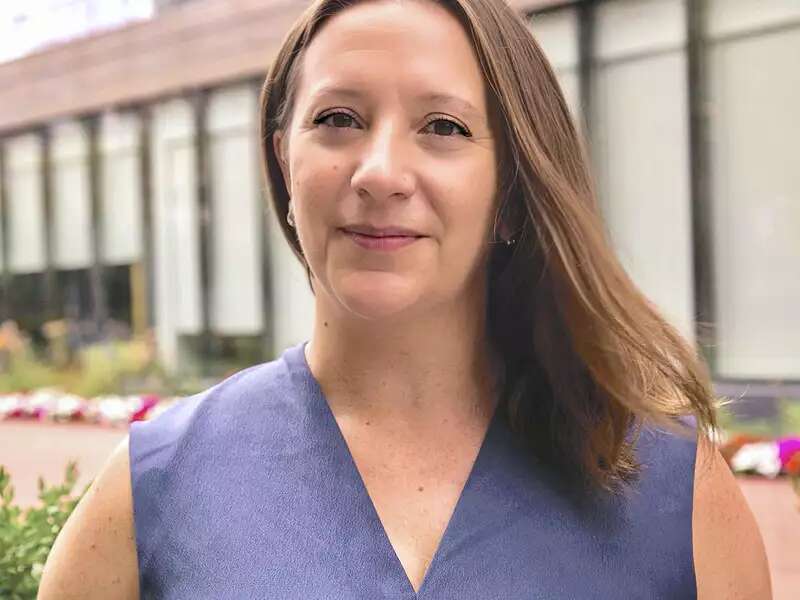
Assistant professor of neuroscience Alex White has conducted extensive investigations into the brain’s powerful contributions to our everyday experiences. In 2007, as a Fulbright scholar, he conducted research on the brain’s perception of time. At Barnard, White teaches a class on the subconscious yet deeply complex processes that allow human beings to see. The course, Visual Neuroscience: From the Eyeball to the Mind’s Eye, focuses on understanding the relationship between our eyes and our brains. "It’s my favorite thing to teach about," White said. "I’m constantly surprised by the amazing and complex human visual system."
White hopes that students leave his seminar with an appreciation for the many delicate systems that create visual perception as we know it, as the course demonstrates how seeing doesn’t happen just in the eyes. These “little satellite dishes,” as White describes them, gather light information bouncing from objects around them and feed them into a cooperative process involving lenses, retinas, millions of photoreceptors, and billions of brain neurons.
Knowledge of this process has led to valuable innovations over the years for the sight-impaired. White explains that “understanding how vision works has powerful implications,” with the course covering how recent prosthetic devices have helped some recover their sight. Students in the seminar conduct their own research into these new technologies, with the goal that they “teach each other about the latest exciting research.”
“Through this course, I want students to come away with a deeper sense of wonder about their own sensory abilities and perceptual experiences,” White said, giving them “the ability to question what we often take for granted, which is the complex machinery in our heads that allows us to see.”
To learn more about White’s course Visual Neuroscience, watch the video above.
—ISABELLA PECHATY ’23


